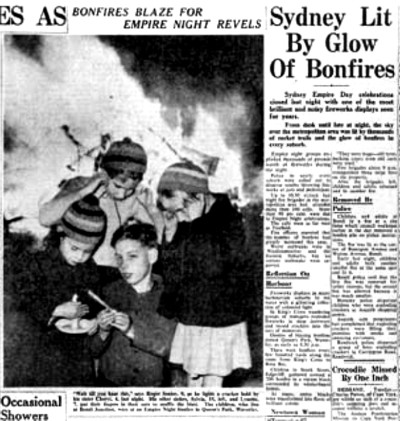Kakadu National Park
With only a day to see some highlights in a park that is half the size of Switzerland, with four major river systems and six major landforms, we decided to take a package tour. This managed the fourteen hour day more efficiently than we might have. It included a river excursion on a billabong (Guluyambi) linked to the South Alligator River and provided entrance to the park and a guide see ancient Rock Art; in addition to visiting the Warradjan Cultural Centre and providing an ample smorgasbord lunch. It also meant that I didn't have to drive several hundred kilometres with wildlife hazards.
The crocodiles are famous for eating people. They are protected in the wild but are also farmed for their skins and their meat - so we get to eat them; and we did - nice as a stir fry.
Never Smile...
At one time they were hunted close to extinction but now they are numerous again. They mostly eat fish or carrion; when they can't grab a child or tourist or two; and are occasionally cannibalistic.
A medium sized 'Salty'
They come in two varieties: salt and fresh but the distinction is more in size than in habitat as the 'salties', the bigger ones, are quite happy in fresh water alongside the 'freshies'.
Don't be taken in... 'Salties' grin and show their teeth 'Freshies' don't
People fishing in their 'tinnies' need to be wary as big crocks can grab an arm or hole a boat.
The northern media loves Crocodile stories; as do the locals. This is a long tradition, as part (bottom right) of a page ot the Sydney Morning Herald from 1955 demonstrates:

'Crocodile Missed By One Inch - BRISBANE...' SMH May 25 1955
(see my Bonfire Night recollections )
They are much more fun than the snakes that, although numerous, hardly ever kill anyone.
A 'Freshie' resting or hiding(?) on a tree branch
As I write there is a news story on the radio in Sydney about a tourist in a kayak being chased and then stranded ashore for some days by a six metre 'salty'.
And there were many more
But the park wetlands have many other attractions.
Wetlands in the dry season - add three metres in the wet
Among these is the wide variety of bird life; some of which are quite large like the brolgas:
others are small; like this little kingfisher; or medium like the eagle:
And there are many others:
